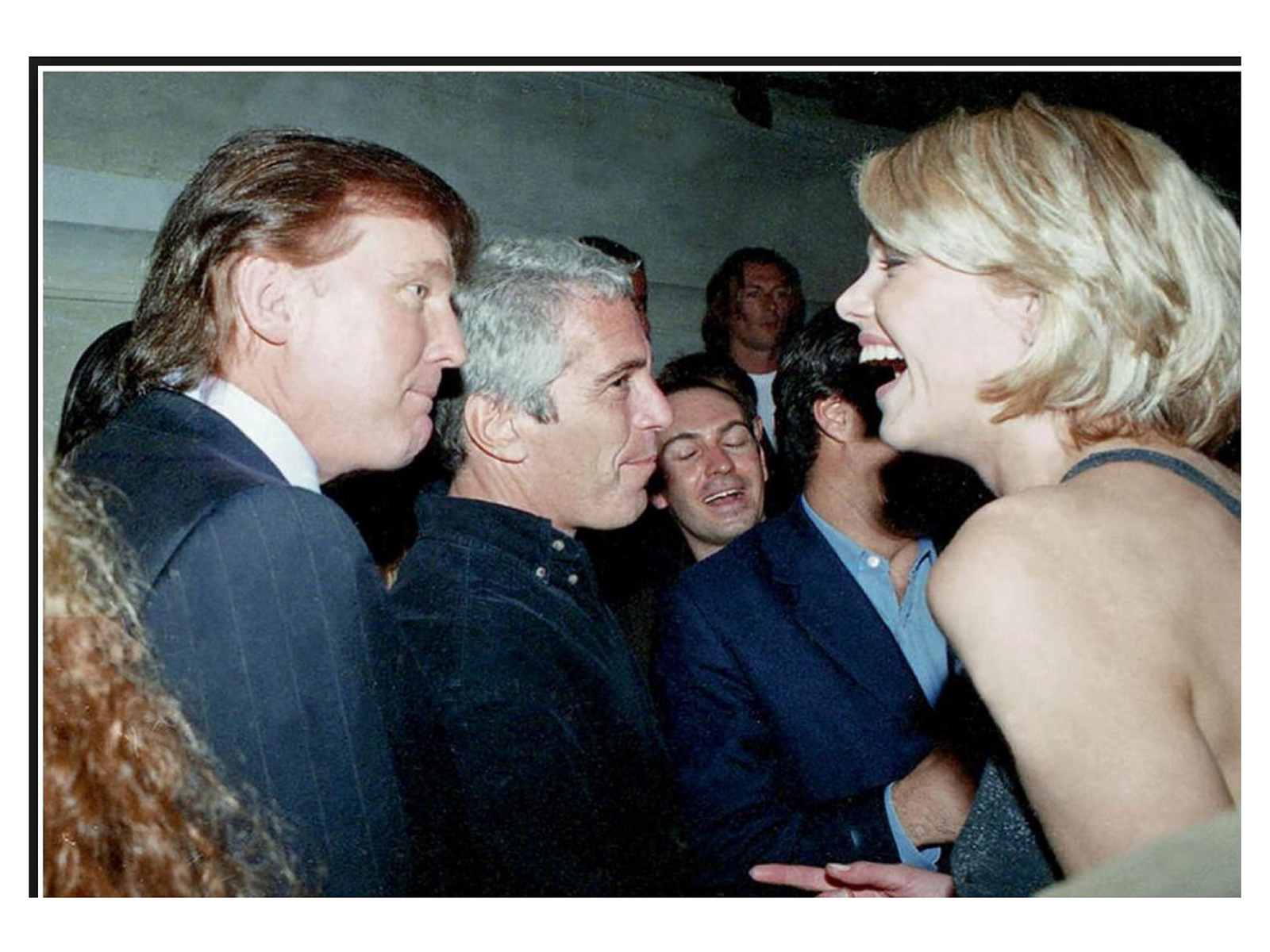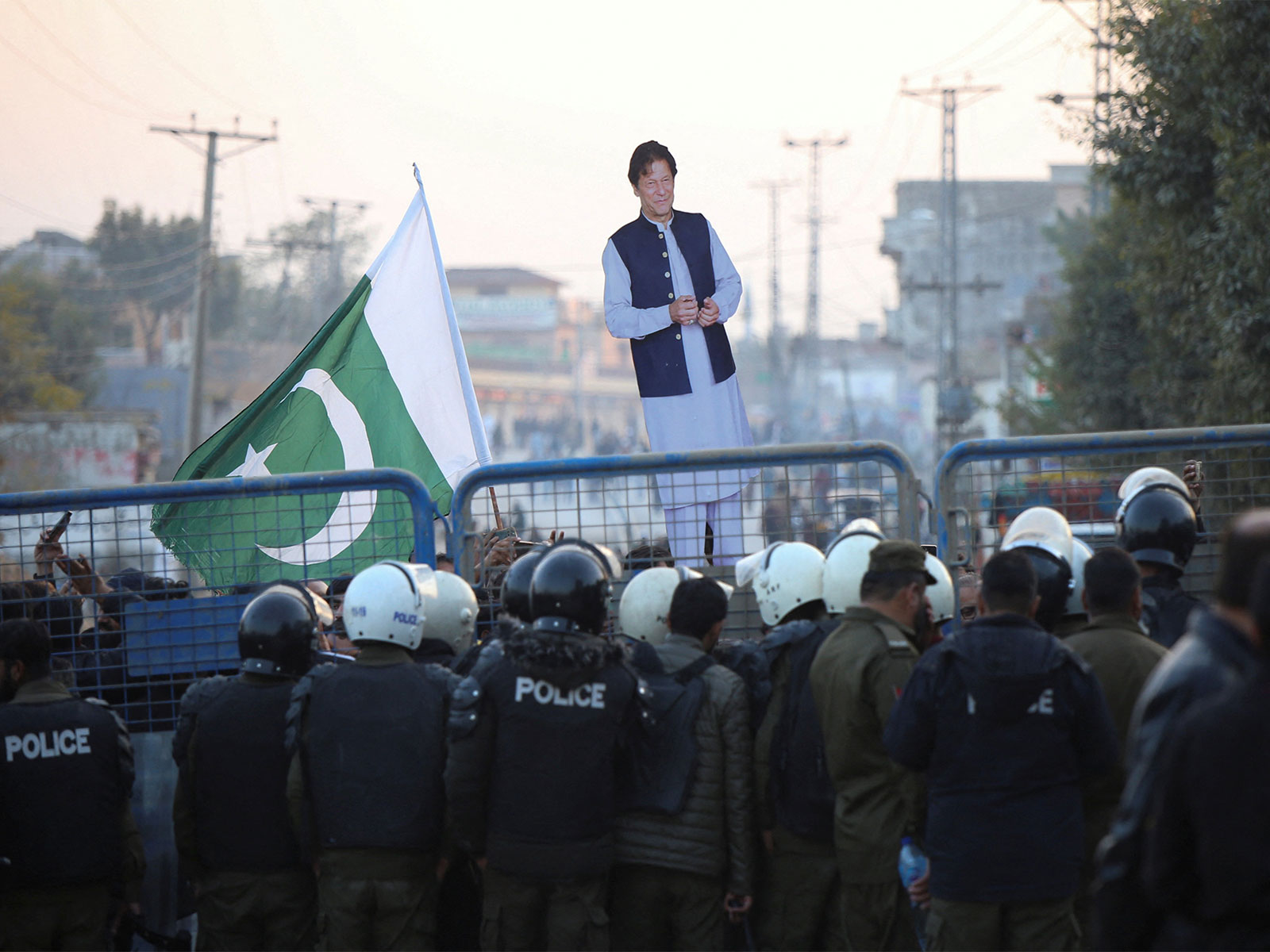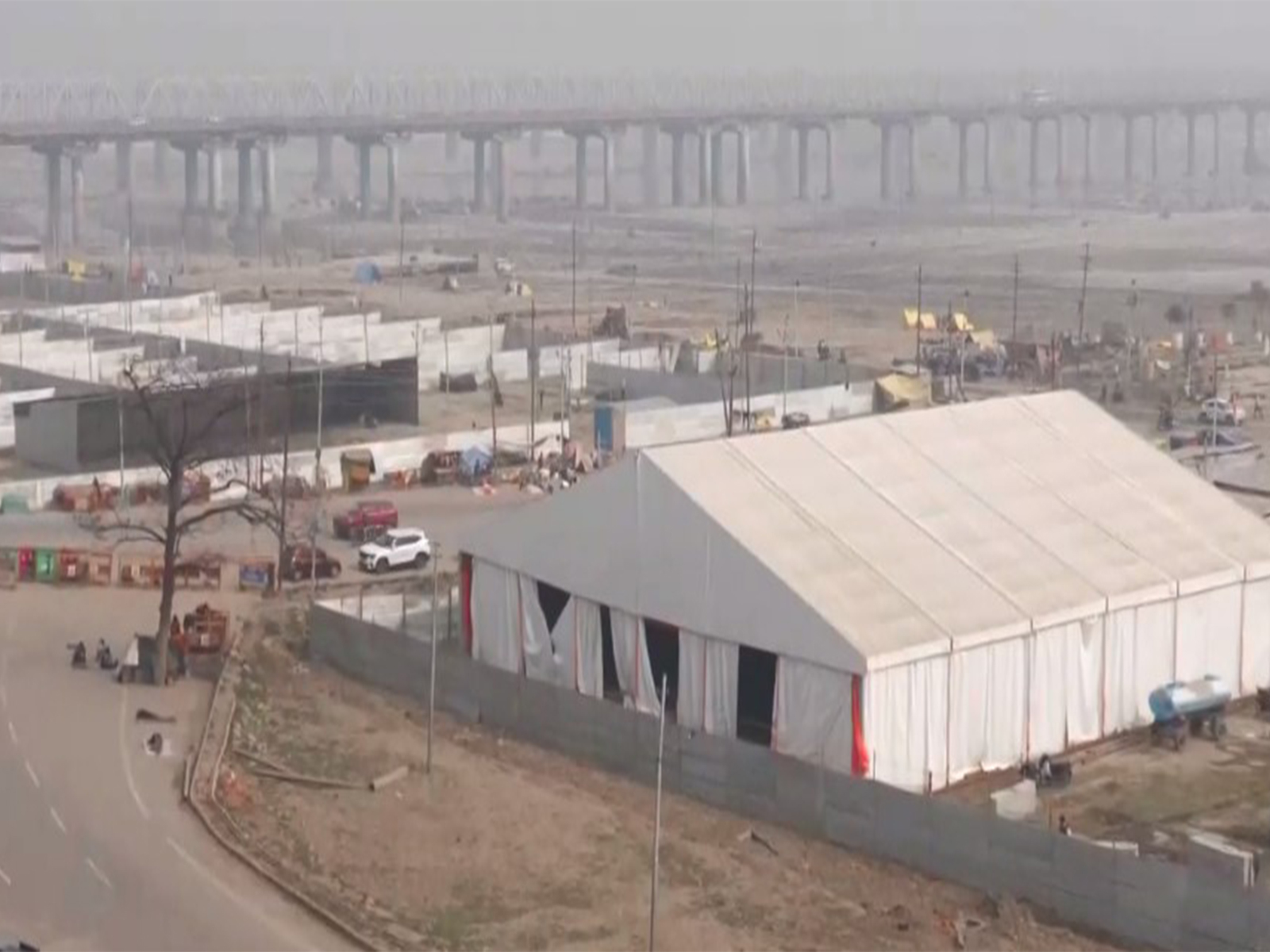Amid COVID-19 pandemic, stagnating economy, racial unrest; Trump puts self-victimisation on full public display: Report
Jul 11, 2020

Washington DC [USA], July 11 : With a deadly coronavirus pandemic onboard, a stalled economy as well as racial unrest in the United States, President Donald Trump has launched a monologue placing himself at the centre of the nation's turmoil and cast himself in the starring role of the 'blameless victim', The Washington Post reported quoting advisors and confidants well-versed with the matter.
Confidants of Trump, many speaking on the condition of anonymity to detail private conversations, told the Post that such has become the usual pleasantries and greetings at the White House.
The President rants about the deadly coronavirus destroying "the greatest economy," one he claims to have personally built. He laments the unfair "fake news" media, which he vents never gives him any credit. He bemoans the "sick, twisted" police officers in Minneapolis, whose killing of an unarmed African-American man in their custody provoked the nationwide racial justice protests that have confounded the President, they said.
Trump also put his self-victimisation on public display on Thursday in response to a Supreme Court ruling rejecting his claim of absolute immunity and permitting a New York prosecutor to see the President's private and business financial records, the media reported.
Trump has always exhibited a healthy ego and his self-victimisation tendencies are not a new phenomenon, according to those who have known him over the years. But those characteristics have been especially pronounced this summer, revealing themselves almost daily in everything from private conversations to public tweets as the pandemic continues to upend daily life across America and threaten the President's political fortunes.
Barbara Res, a former executive at the Trump Organisation, said that when she worked for Trump, he interpreted nearly everything in deeply personal terms.
"Whatever bad happened, no matter what it was, it was always against him, always directed at him," Res said.
"He would say, 'Why does everything always happen to me?'," she said.
She added, "It was as if the world revolved around him. Everything that happened had an effect on him, good or bad."
More than 130,000 Americans so far have died of COVID-19, with more than three million cases reported. Nearly 43 million Americans -- more than a quarter of the labour force -- have filed for unemployment benefits since the pandemic began. The nation is also rattled by anti-racism protests following the death of George Floyd, the unarmed African-American man killed in Minneapolis police custody.
Even those in Trump's orbit are trying to nudge him toward a less egocentric approach to the crises he is facing, fearing that his sullen demeanour could backfire politically, The Post reported.
Among those internally who have advocated a more optimistic tone are Alyssa Farah, the White House communications director, and Jared Kushner, the president's son-in-law and senior advisor, according to one senior administration official.
Advisors also have sought to boost Trump's mood by presenting him internal polling that shows him in a better position than public surveys, which universally show him trailing presumptive Democratic nominee Joe Biden.
At times, though, Trump cannot seem to help himself, said people who have spoken with him in recent weeks, describing him as shell-shocked and sullen about his declining fortunes even as he continues to insist he will ultimately win in November.
Some officials and advisors, however, were quoted as saying they are encouraged that Trump, in recent days, has gotten into a more optimistic mindset, where he sees a path to victory and is ready to work toward it. The President just approved a calendar through the beginning of August that includes coronavirus-focused events, economic programmes and they hope, a return to regular political events.




















